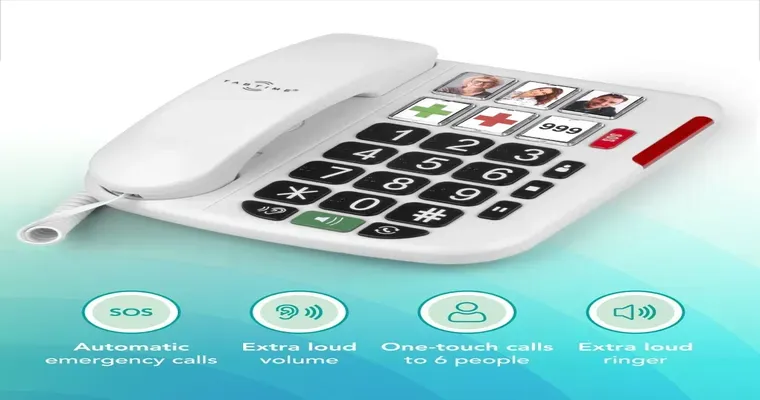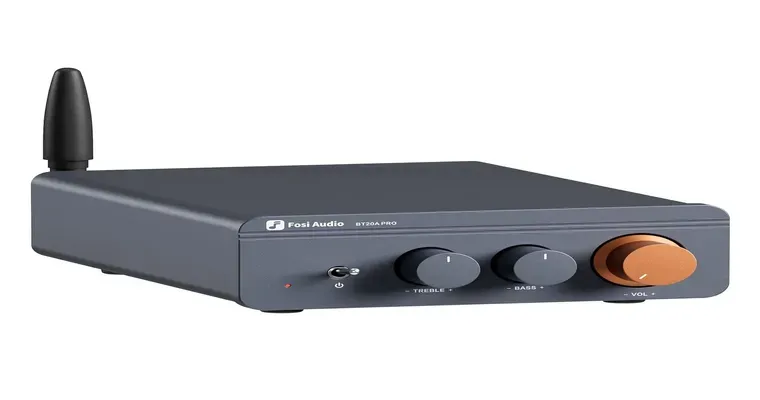As seniors age, they may experience a decline in their "sense of smell", "hearing", and "vision". These sensory losses can significantly impact their quality of life, making it essential for caregivers and family members to provide support and assistance. Understanding how to help seniors navigate these changes can lead to improved well-being and greater independence.
Understanding Sensory Loss in Seniors
Sensory loss is a common issue among older adults. "Hearing loss" can make communication difficult, leading to feelings of isolation. A diminished "sense of smell" can affect appetite and safety, while "vision loss" can hinder mobility and increase the risk of accidents. Recognizing the signs of these sensory changes is the first step in providing effective support.
Creating a Supportive Environment
One of the best ways to assist seniors with sensory loss is to create a "supportive environment" tailored to their needs. For those experiencing hearing loss, consider using "amplified phones" and ensuring that conversations occur in well-lit, quiet areas. To help with vision issues, utilize bright, contrasting colors in home decor and ensure that paths are clear of obstacles.
Encouraging Regular Check-Ups
Regular check-ups with healthcare providers are crucial for seniors experiencing sensory loss. "Hearing tests", "eye exams", and evaluations for smell disorders can help identify issues early on. Healthcare professionals can recommend appropriate interventions, such as hearing aids, glasses, or therapies designed to improve sensory function.
Engaging the Senses Through Activities
Engaging seniors in activities that stimulate their remaining senses can enhance their overall experience. For those with "hearing loss", consider group activities like music therapy or singing, which can be enjoyed even with limited hearing. For seniors with vision impairment, activities like tactile arts and crafts can provide enjoyable sensory experiences. Encouraging the use of their "sense of smell" through cooking and gardening can also be beneficial.
Utilizing Technology and Aids
Technology plays a significant role in helping seniors manage sensory loss. "Hearing aids" and "assistive listening devices" can significantly improve communication for those with hearing difficulties. For vision-impaired seniors, devices such as "magnifiers" and "smartphone apps" designed for low vision can enhance their ability to navigate the world. Additionally, there are technologies available that can assist those with a diminished sense of smell, including scent identification apps.
Building a Communication Strategy
Effective communication is vital for supporting seniors with sensory loss. When speaking with someone who has hearing loss, ensure you face them directly, speak slowly, and avoid covering your mouth. For those facing challenges with vision, verbal communication becomes even more important. Describing surroundings and providing clear directions can help them feel more secure.
Conclusion
Helping seniors who have lost their "sense of smell", "hearing", and "vision" requires a compassionate approach and the implementation of practical strategies. By fostering a supportive environment, encouraging regular check-ups, engaging them in stimulating activities, utilizing technology, and establishing effective communication, caregivers can enhance the quality of life for seniors facing these challenges. With the right tools and support, seniors can continue to enjoy fulfilling lives despite sensory loss.





